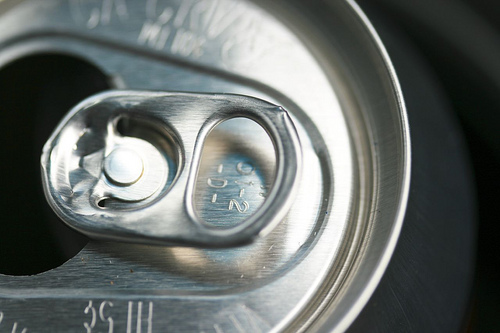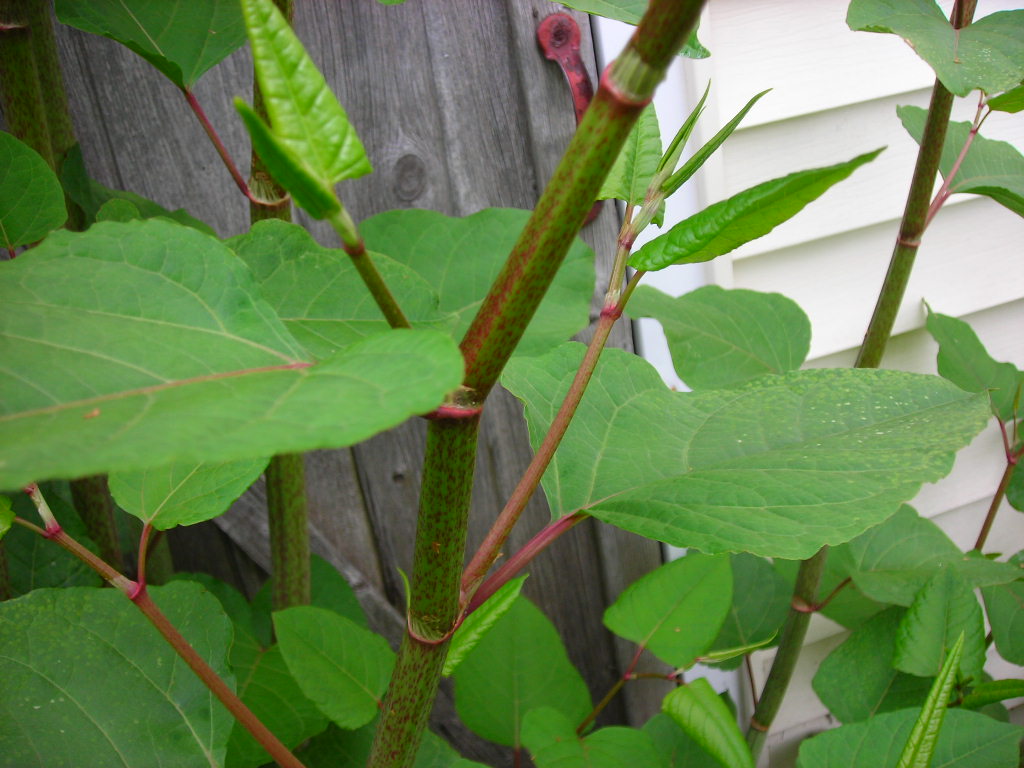
by Gill | Sep 22, 2015 | Weight Loss
Introduction: Many people consume artificial sweeteners, especially in “diet” soft drinks, thinking it will help them reduce calories and lose weight. However, numerous studies over the years have challenged this conventional wisdom. In fact, the latest evaluation of...
by Gill | Sep 21, 2015 | Awareness month
Dr. Murray here, I’ve analyzed your answers to the Blood Sugar Quiz and I’ve isolated what I believe to be your #1 Challenge. I will be sending you an email shortly with your #1 Challenge and what you can do about it. Thank you for taking the...

by Gill | Sep 15, 2015 | Alzheimer's Disease
Introduction: Resveratrol is a plant compound similar to flavonoids. It is found in low levels in the skin of red grapes, red wine, cocoa powder, baking chocolate, dark chocolate, peanuts, and mulberry. Red wine is perhaps the most recognized source of resveratrol,...

by Gill | Sep 8, 2015 | Skin Health
Introduction Acne is clearly associated with diet. Strongly linked to acne is a diet high in refined carbohydrates, dairy, and the wrong type of fats. In Westernized societies, acne is a nearly universal skin disease afflicting 79% to 95% of teenagers. In men and...

by Gill | Sep 8, 2015 | Webinar
Bone health is a critical goal for women. In fact, there are more cases of fractures due to osteoporosis in women each year in the United States than there are the total of all women who have suffered a heart attack, stroke, or breast cancer combined. To promote bone...







